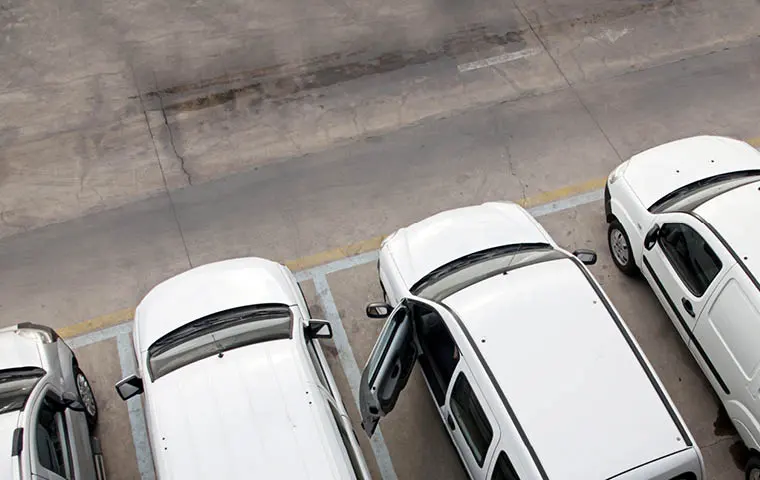It makes a lot of sense for a Procurement Manager engaged in making decisions related to acquisition for the company’s fleet to seek input from the people involved on a day-to-day basis with the existing vehicles—fleet managers and drivers.
Fleet Managers can help a Procurement Manager understand maintenance expenses, vehicle leases, and driver contribution to cost control. This is an effective way for a buyer to learn about how vehicles are used every day in the company’s business operations, and how the business can plan for the most efficient use during a vehicle’s service life in the fleet.
Fleet productivity—the best way includes the driver’s say
It’s important to view a fleet asset in terms of its lifecycle. To maximize the asset’s utilization, your company’s purchase decision should consider factors regarding vehicle performance and the total cost of ownership (TCO) and not just price comparisons and the seller’s incentives. Within the company, it’s also important to get input from drivers about their experience as ease of operation and comfort really matter for long hours of operation.
Fleet experts are applying the TCO framework to make decisions about fleet operations and about vehicle purchases/leasing. To stay really informed about the latest developments and choices, they invest time in attending industry meets and fleet events to interact with manufacturers and service providers.
Integrated fleet management—the key to enhance ROI
Azuga participates in a number of such leading events to share insights about advanced telematics solutions and fleet productivity. Azuga Marketplace is a digital platform to combine fleet telematics solutions with other integrated applications available that help fleet managers oversee payroll, dispatching, billing and other fleet-related tasks within the same software that they use to manage routes and monitor driver behavior. This adds even further ROI for our customers because they can leverage their existing investments in back-office applications and IoT sensors in connected vehicles.
For procurement managers taking a TCO approach, collaborative relationships with providers are useful to get the best fleet productivity and performance with the ideal kind of driver participation.








